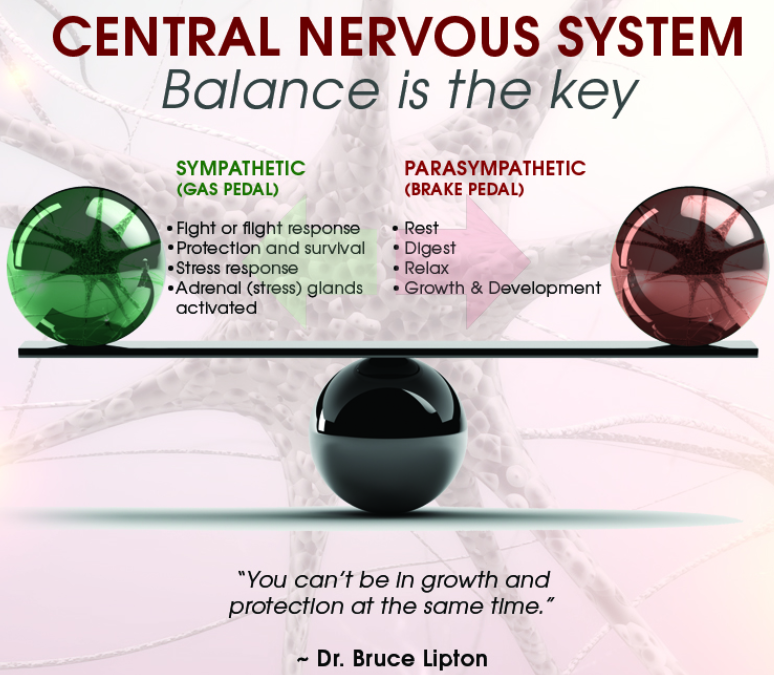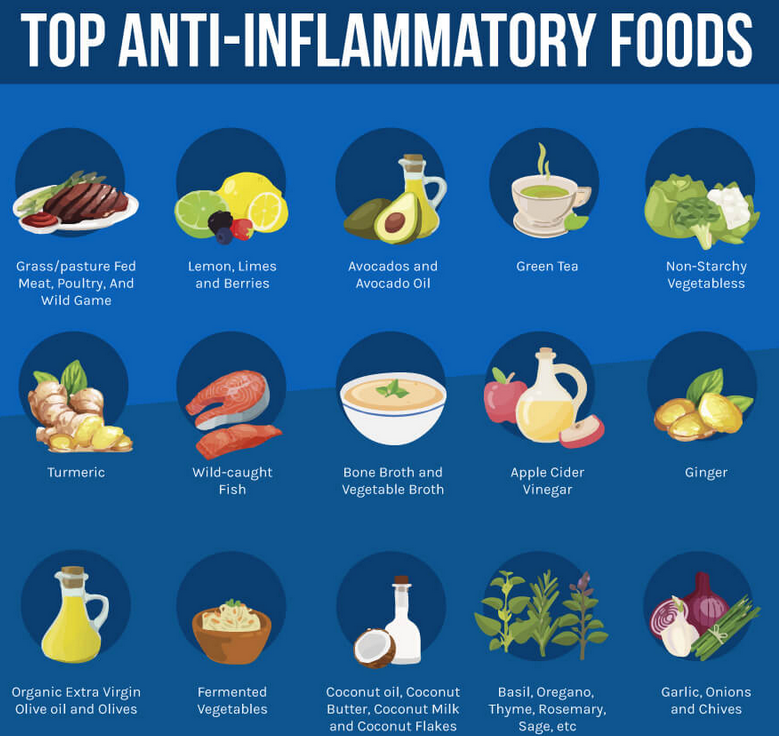|
Everyone gets stressed, but some people can relax quickly. That ability to pivot from the "fight-or-flight" response to the "rest-and-digest" response, it turns out, is incredibly important for health. So what am I talking about? It's called "vagal tone" because it's the vagus nerve, which runs from the brain through the lungs and the gut, that controls these responses. A high vagal tone is linked with reduced risk for cardiovascular disease, stroke, diabetes, gastrointestinal disorders and depression. The vagus nerve helps to regulate your heart rate, breathing, blood pressure, digestion, and emotional state among other functions. If you are experiencing anxiety, depression, stress, fatigue, or any emotional health symptoms, it may mean that you have a poor vagal tone, and your vagus nerve needs some care. FUNCTION Your vagus nerve, also known as the 10th cranial nerve, is one of your most important nerves in the body. It is also the longest nerve in your autonomic nervous system that extends from your brain stem through your neck into your chest and abdomen. While we refer to them together as "the vagus nerve," there are actually two vagus nerves, one on the left and one on the right. Vagus is latin for "wandering" which appropriately describes the nerve. It helps to regulate your heart rate, digestion, blood pressure, sweating, and speech, among other areas of your health. By controlling the muscles of your throat and voice box, it plays an important role of speaking and eating. It also helps your entire gastrointestinal tract working together, regulating your heart rate, and connecting your brain to the rest of your body. PARASYMPATHETIC FUNCTION
THE POLYVAGAL THEORY
While grazing, the gazelle felt safe and connected, when it was caught, the body went through a shutdown, but when the opportunity arose, flight-or-fight kicked in and it ran away. This story covers the exact same three states that the polyvagal theory focuses on connection, fight or flight, or shutdown. Before the emergence of the polyvagal theory, we only understood the nervous system as a two-part system with more activation and less calm or less activation and calmer. The polyvagal theory identified the social engagement system as a third type of nervous system response. So the moral of this short story is that if you are emotionally healthy in a non-stressful situation, you are in a normal state the polyvagal theory refers to as connection. In this state, you are able to make healthy connections with humans and feel safe. At this point, you feel happiness, peace, openness, calm, groundedness, and curiosity. You sleep well. You eat normally without overeating or undereating. Your immune system is functioning well. Your face is expressive, your body is calm, and you are able to relate to others emotionally. FIGHT OR FLIGHT VS REST & DIGEST/HEAL When you are under stress, it affects your entire body. Your sympathetic nervous system causes a flight-or-fight response to keep you alive. Even if you are not in real danger, but only experiencing daily stress, your body wants to keep you safe.
Experiencing a flight-or-fight or shutdown response to something scary, stressful, or triggering is absolutely healthy. We all do it. If there is a flash of lightning, or your boss calls you into their office unexpectedly, or someone suddenly cuts you off on the highway, you may experience signs of flight-of-fight, including increased heart rate, heavier breathing, or a need to scream.
THE IMPORTANCE OF GOOD VAGAL TONE The vagal nerve is involved in many areas across your body making a good vagal tone very important. A good vagal tone is important for:
SYMPTOMS OF POOR VAGAL TONE Sometimes the vagal nerve is damaged resulting in poor vagal tone. Symptoms of poor vagal tone due to nerve damage may include: Even if your vagus nerve isn't damaged, you may experience poor vagal tone. Symptoms of poor vagal tone even without nerve damage may include: MAJOR CAUSES OF POOR VAGAL TONE
STRATEGIES TO IMPROVE VAGAL TONE
0 Comments
Leave a Reply. |
Author
DannyTheCoach Archives
January 2023
Categories
All
|









 RSS Feed
RSS Feed